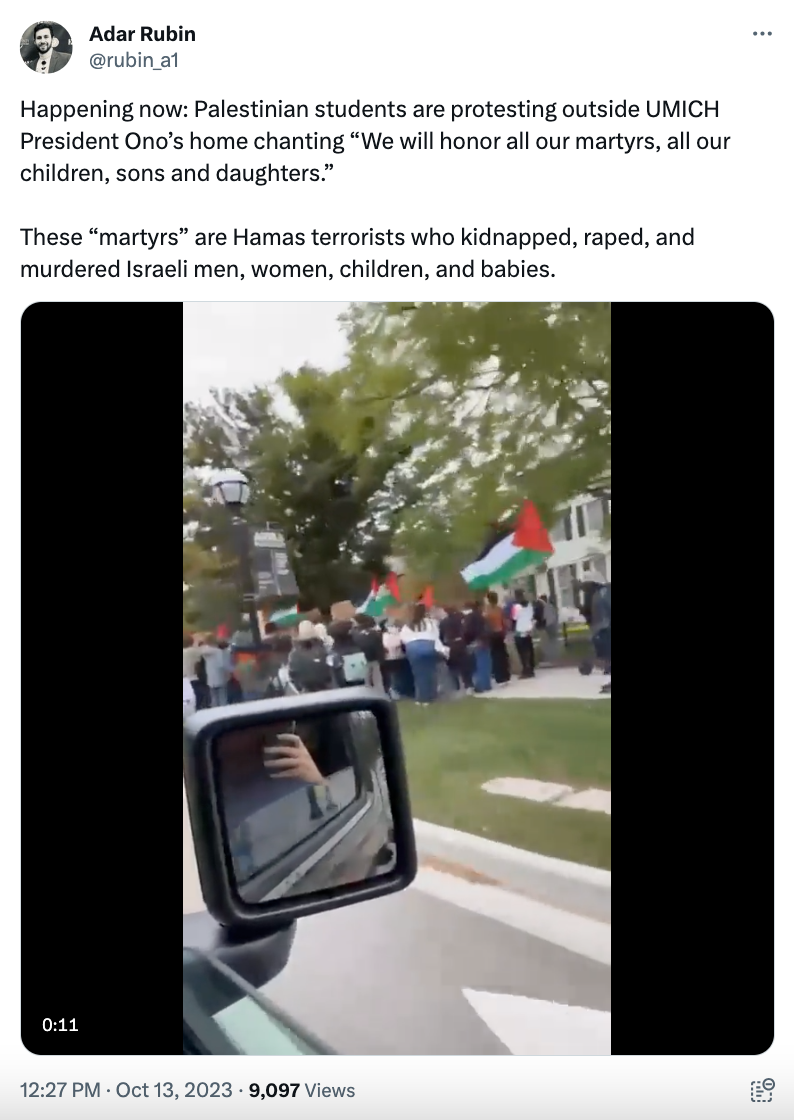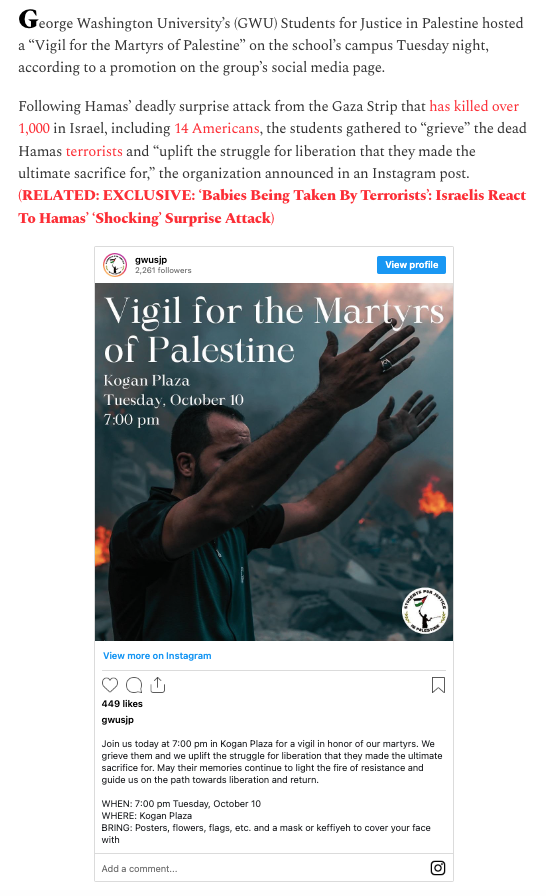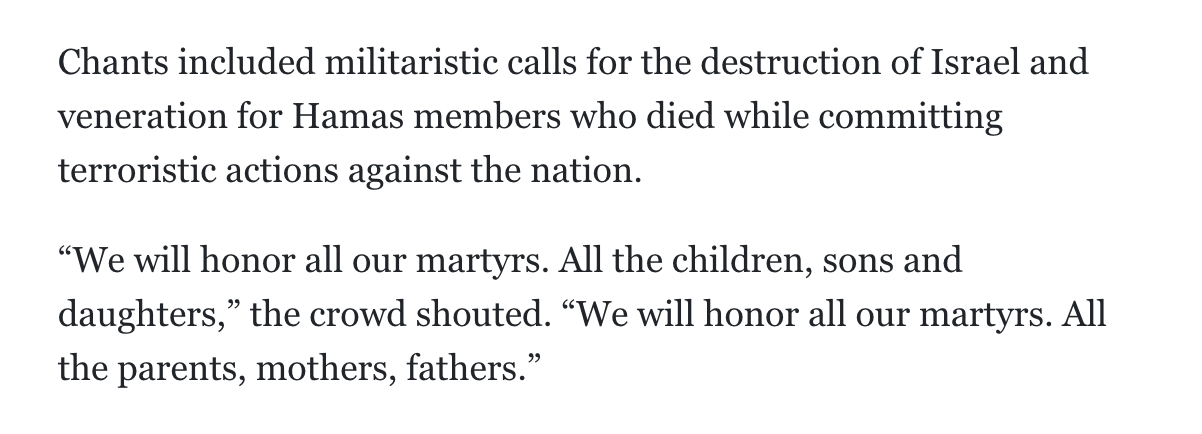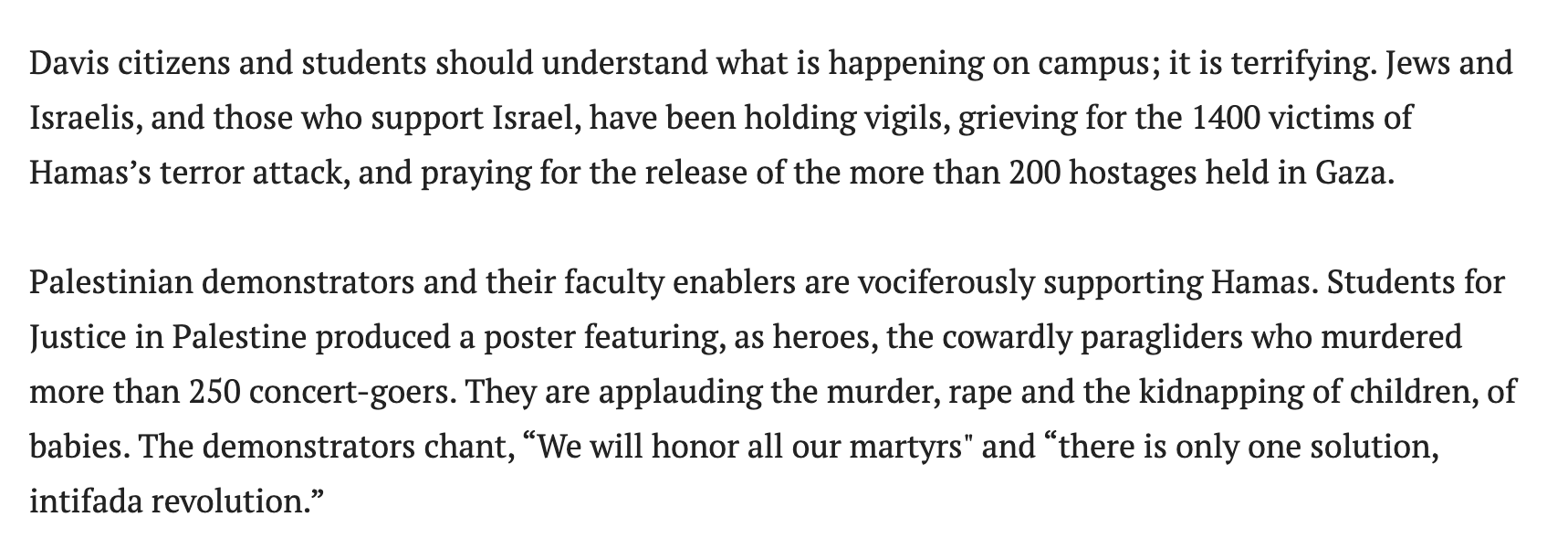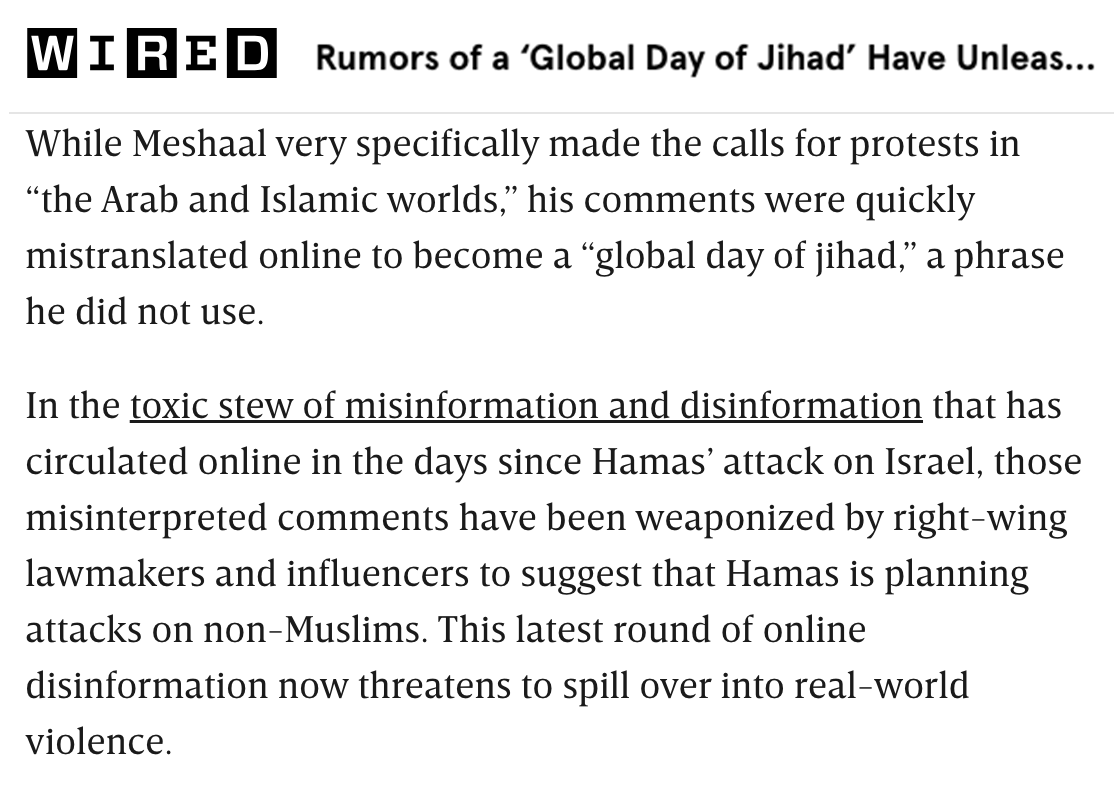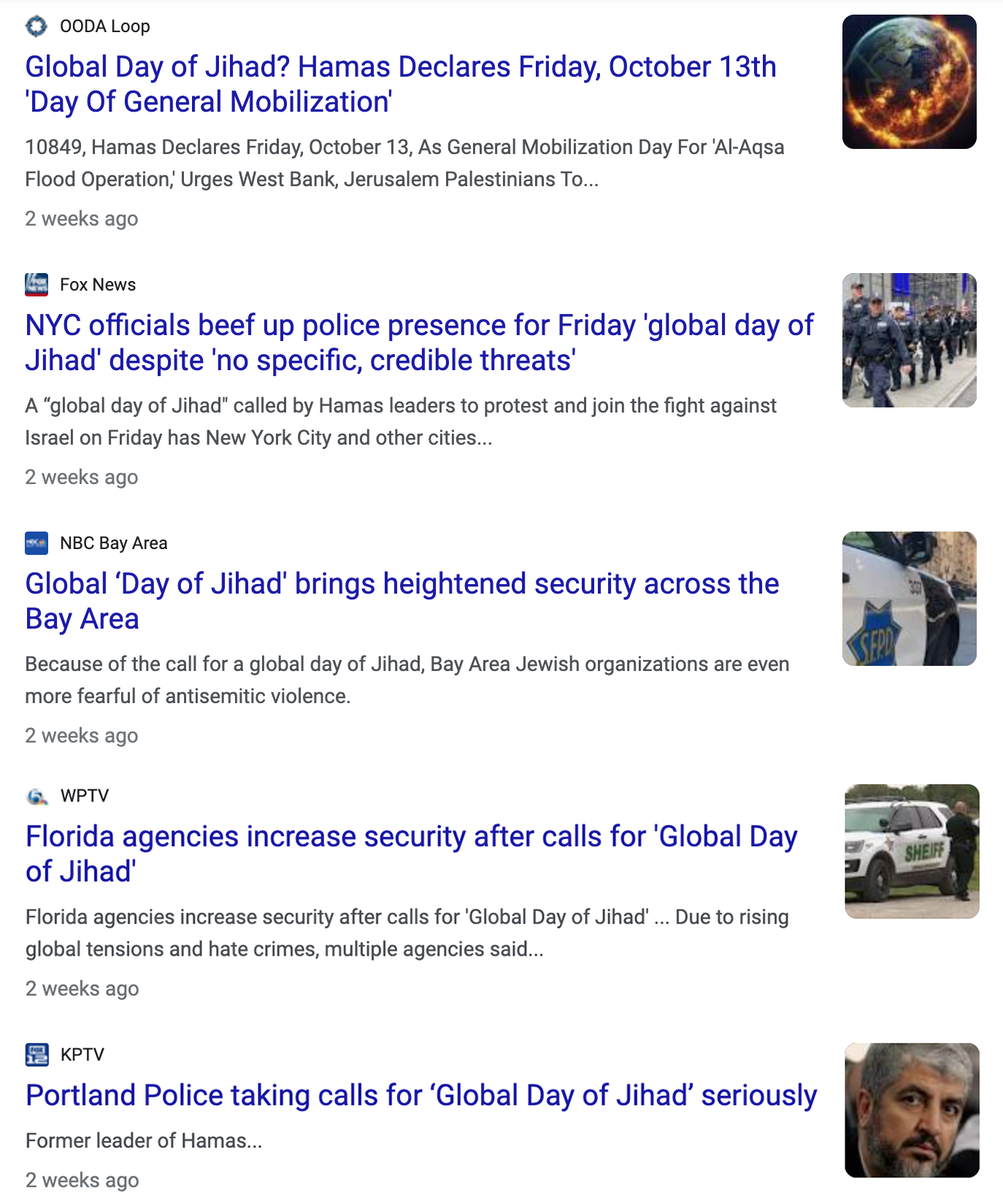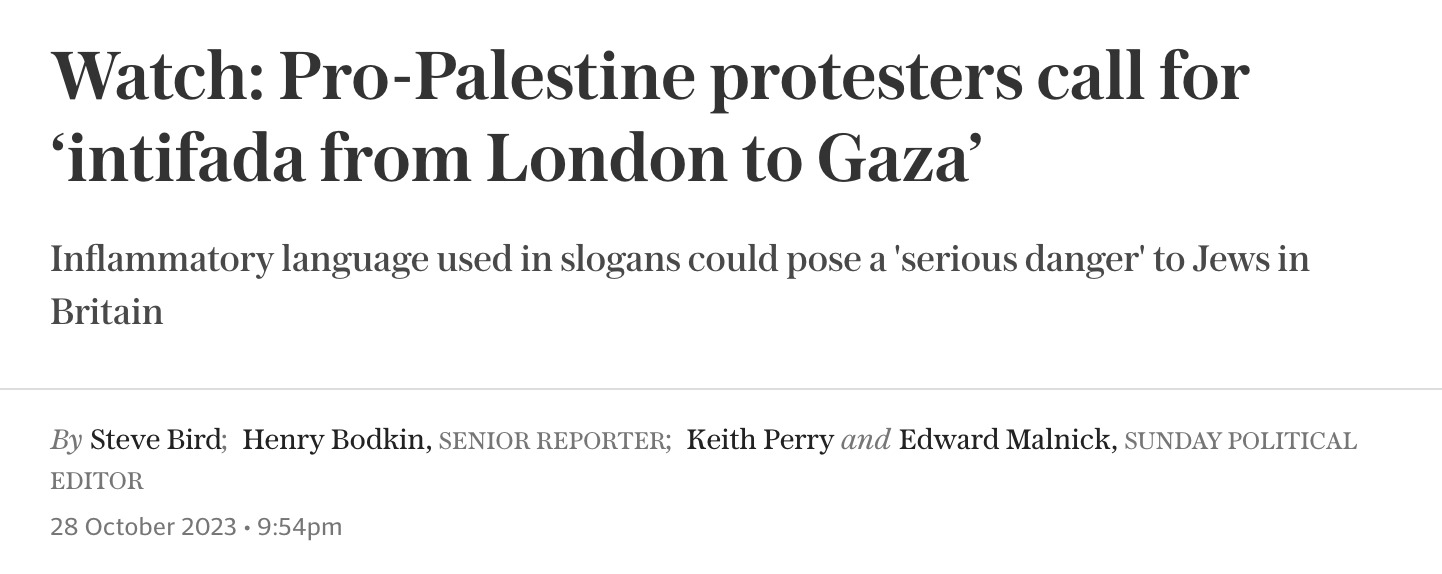Mistranslating the movement: Language is being weaponized to malign the Palestinian liberation movement and justify an ongoing genocide.
Arabic words are regularly mistranslated or misconstrued in English-language media to stereotype and demonize Palestinians, painting them as terrorists and contributing to racist narratives that pro-Palestinian activism is inherently violent or antisemitic.
During escalated Israeli aggression, this weaponization of language is a desperate tool to silence dissent in the U.S. and all across the west.
In recent weeks on social media and in the news, terms like “shaheed,” “jihad,” and “intifada” – global rallying cries in Palestinian resistance and solidarity movements – are reduced to decades-old Islamophobic and racist anti-Arab motifs.
But what do shaheed, jihad, and intifada really mean?
shaheed, شهيد
“witness” or “martyr”
Like the English-language word “martyr,” which comes from the Greek “martur,” or “witness,” the root of “shaheed” derives from “witness" in Quranic Arabic. It often refers to someone who has willingly sacrificed their life for their faith or principles.
In Islam, the term is used to honor and respect those who have fallen while fighting for their beliefs and values. “Martyrdom” in Islam includes a wide range of deaths that occur during the fulfillment of a religious commandment, like childbirth.
In the Palestine context, “shaheed” regularly refers to a Palestinian or a supporter of the Palestinian cause who has been killed at the hands of military violence and occupation or while defending Palestinian rights.
“When an Anglo reads martyr, it isn’t just that [they] get the wrong associations. It isn’t just that [they] don’t understand the word’s much broader application in Arabic. It’s that a dense roadblock is thrown up between [them] and the whole text. Either the word causes [them] to giggle or flinch in terror, or both.”
“Do You Translate شهداء as Martyrs?”, Arablit
When social and traditional news media equate “shaheed” with “terrorist,” they are stripping the term of its historical, political, and ethical nuance and context, as well as demonizing legitimate expressions of mourning and solidarity.
This has consequences on free speech. An internal review of Meta’s content moderation policies earlier this year found the word “shaheed” accounted for more removals on the company’s platforms than any other term or phrase.
jihad, جهاد
“struggle”
“Jihad” is derived from the Arabic verb “jahada” – meaning to strive or struggle. In Islamic terminology, it refers to an endeavor toward a noble cause. According to Islamic teachings, there are three main forms of jihad, and they all seek to establish and promote peace in society.
Jihad is “a meritorious struggle or effort. The exact meaning of the term [jihad] depends on context; it has often been erroneously translated in the West as ‘holy war.’ [Jihad], particularly in the religious and ethical realm, primarily refers to the human struggle to promote what is right and to prevent what is wrong.”
Jihad has often been synonymized with “Muslim violence,” a longstanding misconstruction that has only grown during the recent Israeli escalation, with the media falsely reporting that a Hamas leader called for a “global day of Jihad.” This lie – based on a mistranslation and misinterpretation of what was actually said – ignited islamophobic imagination, fomented fear around the world, and contributed to the rapid spread of disinformation that is fanning the flames of war.
intifada, إنتفاضة
“uprising” or “shaking off”
Intifada “has a specific and exclusive reference point in the US media: It denotes both the First Intifada of 1987 to 1993, during which Palestinians en masse clashed with Israeli forces, typically with no more advanced weaponry than rocks to throw. Several years later, the term became a historical designator for Palestinian struggle again with the Second Intifada of 2000 to 2003. This was also a period of widespread uprising, but became defined in the American imagination by suicide bombs and terrorist tactics. Intifada, then, became unmoored in Western-media lexicon from its sense as ‘uprising’ and instead occupied that peculiar anti-Muslim tendency to imbue Arabic words with a valence of terror. … I urge that we think of intifada as an uprising – a rising-up of an oppressed people. It is, as Khalidi told me, ‘like what the Irish did, and the Indians, and the South Africans did against apartheid.’ Intifada is not, as the historian noted, some ‘peculiar violent ritual’ reserved for Palestinians – it simply means ‘uprising,’ which is what oppressed Palestinians have no option but to do save for continuing to live under the yoke of … occupation.”
“Why Talk of Intifada? We Should Call It a Palestinian Uprising,” Vice News
The painting of legitimate Palestinian resistance to occupation, apartheid, and genocide as terroristic or genocidal itself is another tool to demonize and undermine the movement for liberation – and it has real consequences on people’s lives.
In 2015, Palestinian poet Dareen Tartour was arrested and placed on house arrest after Israeli prosecutors alleged among a number of charges that she had expressed support for Palestinian intifada in a social media post.
The delegitimization of Palestinians and their fight for freedom happens through multiple modes – including language violence.
The media’s complicity in this systematic mistranslation and misinterpretation of Arabic terms central to the struggle endangers all who take a principled position in support of Palestinian human rights and liberation.
Help call out the weaponization of language against Palestinians by learning more about these terms, their historical and political nuances, and the legacy of their use in Palestinian resistance and solidarity.
Sources
https://x.com/Iwastakinawalk/status/1718443911427866682?s=20
https://www.davisenterprise.com/forum/letter-recognize-true-evil/article_a3298058-71cb-11ee-9577-971cd806c180.html
https://dailycaller.com/2023/10/11/gwu-students-justice-martyrs-palestine-vigil-hamas/
https://x.com/rubin_a1/status/1712913061567201375
https://www.aljazeera.com/news/2023/3/9/meta-to-review-moderation-of-arabic-word
https://arablit.org/2012/02/17/do-you-translate-%D8%B4%D9%87%D8%AF%D8%A7%D8%A1-as-martyrs/
https://www.britannica.com/topic/jihad
https://www.wired.com/story/day-of-jihad-disinformation-israel-palestine/
https://x.com/zedonarrival/status/1717991269853524196?s=20
https://www.buzzfeednews.com/article/rosebuchanan/a-palestinian-poet-poem-israel
https://www.telegraph.co.uk/news/2023/10/28/palestine-protest-london-gaza-chant-israel/
https://aish.com/the-intifada-revolution-at-mit/
https://www.vice.com/en/article/kz5y9a/why-talk-of-intifada-we-should-call-it-a-palestinian-uprising



